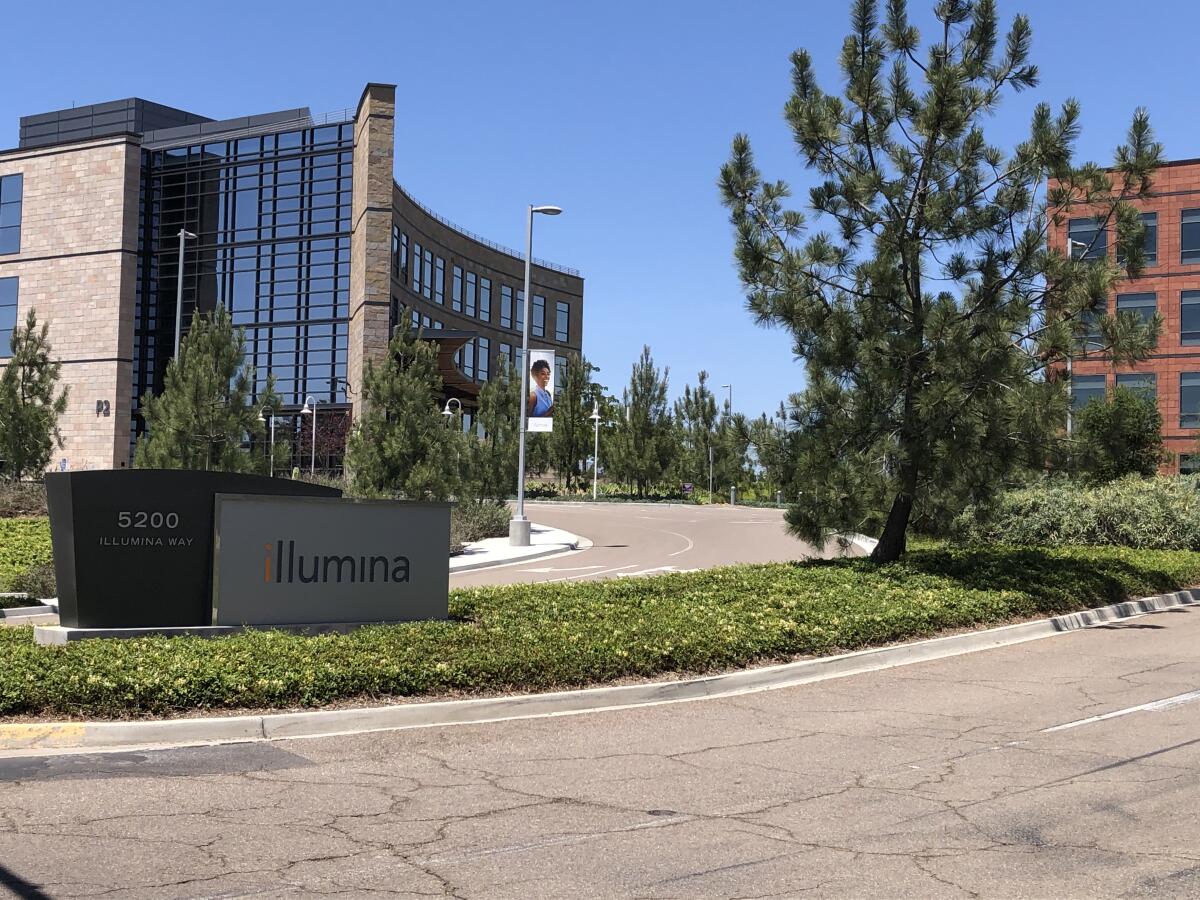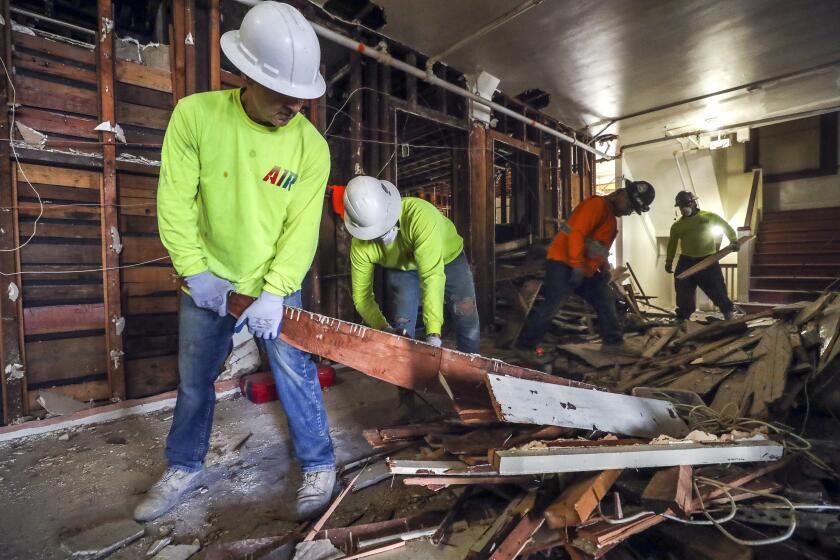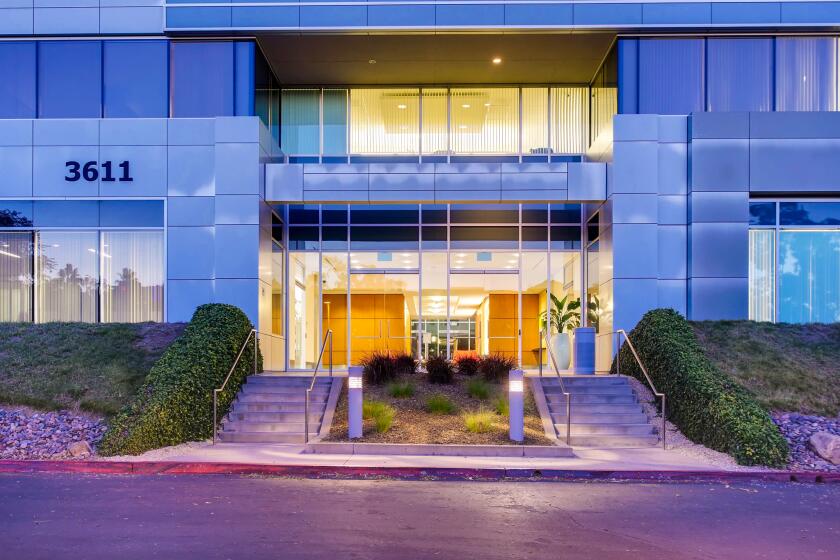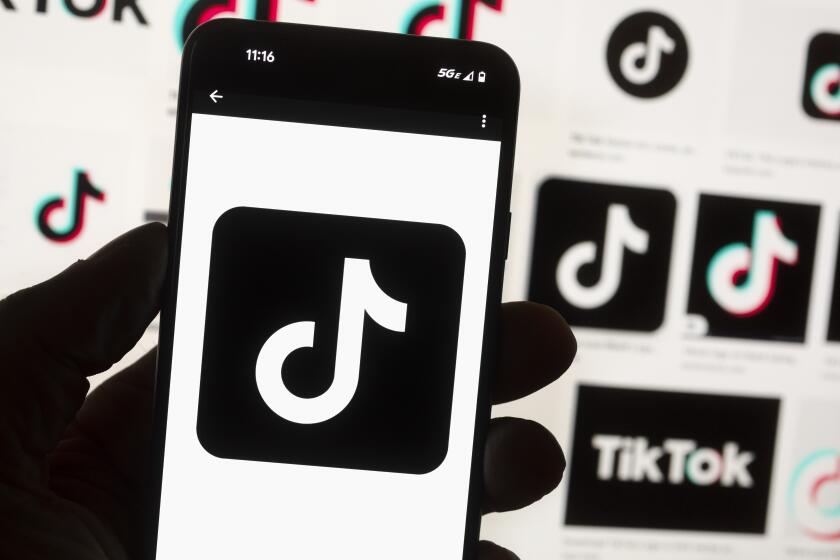Illumina racks up win in FTC antitrust case over Grail acquisition

San Diego gene sequencing market leader didn’t violate anti-monopoly laws when it acquired cancer blood test maker Grail last year, says administrative judge.
San Diego’s Illumina won a legal battle Thursday against U.S. antitrust regulators who sought to derail last year’s $7.1 billion acquisition of Grail — a provider of a blood test that can pinpoint dozens of different types of cancer before symptoms arise.
An administrative law judge ruled that the vertical merger between Illumina and Grail did not violate competition laws in a court challenge brought by the U.S. Federal Trade Commission.
Details of the ruling weren’t available because its full text hasn’t been made public yet. But it comes following a hotly contested fight where the FTC aimed to unwind the blockbuster deal that closed in August 2021.
During an 18-day trial and sharply written court filings, both sides argued that their respective positions would save lives.
Holly Vedova, director of the FTC’s Bureau of Competition, said the agency put on a strong case.
“The Bureau of Competition is disappointed with this decision,” Vedova said in a statement. “We are reviewing the opinion and evaluating our options.”
Illumina called the decision a step forward in making Grail’s early detection tests for up to 50 different types of cancer more widely available.
“As we’ve stated from the outset, this transaction is pro-competitive, will advance innovation, lower health care costs and save lives,” said Charles Dadswell, Illumina’s general counsel. “We are pleased that, after considering the evidence, the administrative law judge has reached the same conclusion.”
While Illumina came out on top in this round, the company still faces regulatory scrutiny around the Grail acquisition.
The European Commission is investigating. It recently rejected Illumina’s challenge to its jurisdiction. Illumina said it would appeal the ruling. But it set aside $453 million to cover likely fines.
European regulators also are requiring Illumina to operate Grail as a separate entity overseen by an independent monitoring trustee until their investigation concludes.
Illumina is the top maker of genomic sequencing hardware, software and chemistry — particularly advanced Next Generation Sequencing technology.
Seven years ago, Illumina started Grail internally with the goal of developing a single blood test capable of screening for multiple types of cancer. The disease kills about 630,000 Americans each year.
In 2016, Illumina spun off Grail, which went on to raise money from Johnson & Johnson, Amazon’s Jeff Bezos and others.
In June 2021, Grail launched its Galleri early detection cancer screening test. It does not have U.S. Food and Drug Administration clearance. But it is the first such test to be available commercially at select facilities under a Laboratory Developed Test designation.
Illumina maintained 12 percent ownership of Grail and brought it back into the fold to add financial heft and regulatory expertise to Galleri’s commercialization efforts.
“Too many of us have experienced or witnessed the devastating effects of cancer when it is diagnosed too late,” said Illumina Chief Executive Francis deSouza in a statement. “Our mission in bringing Illumina and Grail back together is to save many thousands of lives by working to ensure that everyone can find and afford a Galleri test.”
There are several competitors on Grail’s heels with their own single-sample, multiple cancer early detection tests, including Exact Sciences, Guardant Health, Freenome and Singlera. The market is expected to reach $75 billion by 2035.
Most of Grail’s competitors rely on Illumina’s next-generation sequencing technology to run their early detection cancer tests.
Because Illumina is like the “anchor tenant” in the gene sequencing market, the FTC argued the Illumina/Grail combination created huge incentives for Illumina to favor Galleri, hindering rivals’ ability to compete.
Illumina disagreed. It offered contractual guarantees aimed at ensuring that Grail competitors have long-term access to Illumina equipment and supplies at reasonable prices.
Illumina announced the antitrust win Thursday morning. Its shares ended trading down less than 1 percent at $200.62 on the Nasdaq exchange.
Get U-T Business in your inbox on Mondays
Get ready for your week with the week’s top business stories from San Diego and California, in your inbox Monday mornings.
You may occasionally receive promotional content from the San Diego Union-Tribune.







